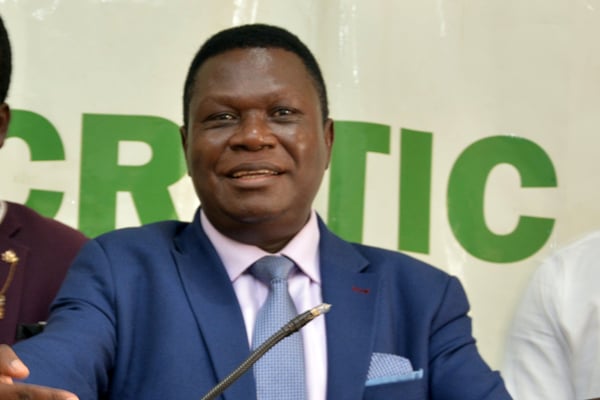Locals displaced by oil pipeline project decry varying compensation rates

What you need to know:
- Mr Salongo Gyagenda said his neighbour’s cassava garden was rated at Shs3,000 per plant while his was valued at Shs1,000 by the government chief value.
Locals in Kyotera, Lwengo and Sembabule districts , who were displaced by the oil pipeline project have raised a red flag over disparities in compensation rates.
Mr Salongo Gyagenda said his neighbour’s cassava garden was rated at Shs3,000 per plant while his was valued at Shs1,000 by the government chief value.
“The government didn’t consider our consent in valuing the pieces of land, neither were price rates uniform even in the neighbourhood,” he said.
Mr Gyagenda accused the government of failure to compensate project affected persons three years later.
Mr Ivan Katende, a resident of Kabusirabo Village in Lwengo, said his plans to set up a coffee plantation project hit a snag after his land was earmarked for the pipeline project and he is yet to receive compensation.
Mr Katende appealed to the government to speed up the compensation process, saying many elderly beneficiaries have since died.
Mr James Bbale, a resident of Kabusirabo village, Kito Sub- county, said they were asked to open bank accounts and they have since accumulated bank changes.
He also revealed that government’s decision to take up the land for the pipeline project has increased up domestic violence and misunderstandings among orphans over ownership rights.
Mr Josiah Mukasa, a resident of Sembabule District, accused the government of undervaluing of their properties.
According to Mr Muddu Yisito, the coordinator of Community Transformation Foundation Network (COTFONE), a network of community-based organisations in Masaka sub-region, the compensation process has been marred with impunity and corruption.
“Some PAPs (project affected persons) are intimidated and arrested by police when they interact with media or CSOs,” he said
Ms Diana Nabiruma, the senior communications officer at Africa Institute for Energy Governance (AFIEGO), said it’s unfortunate that some compensation will not enable PAPs to replace the land or assets they lost.
“Total and all joint venture partners in Lake Albert project indicate that they will adhere to the basic international practices of International Finance Corporation (IFC) and one of the principles of IFC is that PAPs should be left in the same position or a better one than they were found. However, this is not reflected among PAPs,” she said
Ms Stella Amony, the spokesperson of East African Crude Oil Pipeline (EACOP) , said compensation rates are issued by the district and approved by the chief governor valuer.
“ EACOP is aware of the grievances of some PAPs about specific crop rates (notably coffee and banana in Kyotera) and has engaged the authorities on this matter,” she said
On the issue of bank accounts charges, Ms Amony said in October EACOP commenced the process of opening bank accounts for PAPs with Centenary Bank.
“Compensation will be paid into these PAP bank accounts. Prior to that, EACOP has never requested PAPs to open bank accounts. All Centenary Bank account charges will be paid by EACOP for a two-year period from bank account opening. The project will start PAP Entitlement Briefings and signing of Compensation Agreements shortly. Payment will take place immediately thereafter,” she explained.
READ





